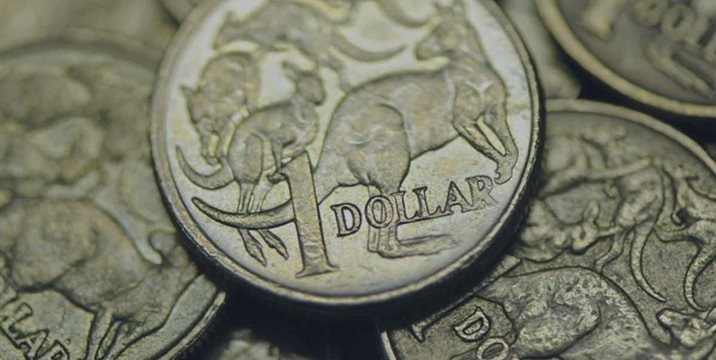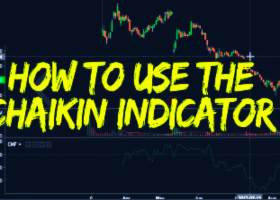The Australian dollar dropped on Wednesday after a disappointing survey on growth prospects and ahead of a key Federal Reserve monetary policy announcement later today.
AUD/USD traded at 0.9072, down 0.25%, while USD/JPY changed hands at 107.26, up 0.14%.
The New Zealand dollar fell furthery after the current account deficit shrank from 2.7% of GDP to 2.5% for the year to June 2014, with the broader focus on the Federal Reserve. NZD/USD traded at 0.8176, down 0.28%.
Australia's August Westpac-MI leading index fell 0.09 point to 98.05, continuing below trend since February.
"Overall,
we can conclude that commodity prices have intensified their drag on
the growth rate; the slowdown in dwelling approvals has led to a
reversal in the effect which that series is having on the index;
consumers are less nervous around the labor market; and the flattening
of the yield curve has become a drag on growth," said Westpac's chief
economist Bill Evans.
The greenback edged lower against
most major currencies in afternoon trading overnight as investors backtracked on
previous bets the Federal Reserve's monetary policy statement due out
Wednesday could contain hawkish language.
The Federal Reserve
will announce its latest statement on monetary policy this Wednesday,
and expectations for the U.S. central bank to cut its monthly
bond-buying program to $15 billion from $25 billion kept the greenback
firm.
Investors were also hoping to see a timetable as to when
U.S. interest rates may rise, though by afternoon trading, Wall Street
Journal reporter Jon Hilsenrath said in a webcast that the Fed will say
rates will remain low for a "considerable time," a phrase the bank often
uses, and instead focus more on wording the closing of its bond-buying
program.
Hilsenrath's opinion found followers, as investors took
up positions betting that the Fed will try avoid overwhelming markets by
discussing the end of stimulus programs alongside a change in forward
guidance, leaving the latter for a future policy meeting.
Elsewhere
on Tuesday, official data showed that U.S. producer price inflation was
flat last month, compared to expectations for a 0.1% rise after a 0.1%
gain in July.
Core PPI, which excludes food, energy, and trade
rose 0.1% in August, in line with expectations, after an increase of
0.2% in July.
On
Wednesday, markets will move on the Federal Reserve's statement on
monetary policy followed by Fed Chair Janet Yellen's press conference.
Investors anticipate the U.S. to produce data on consumer prices and the euro zone to release revised data on consumer price inflation.



